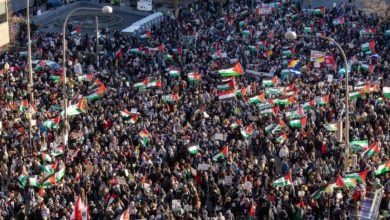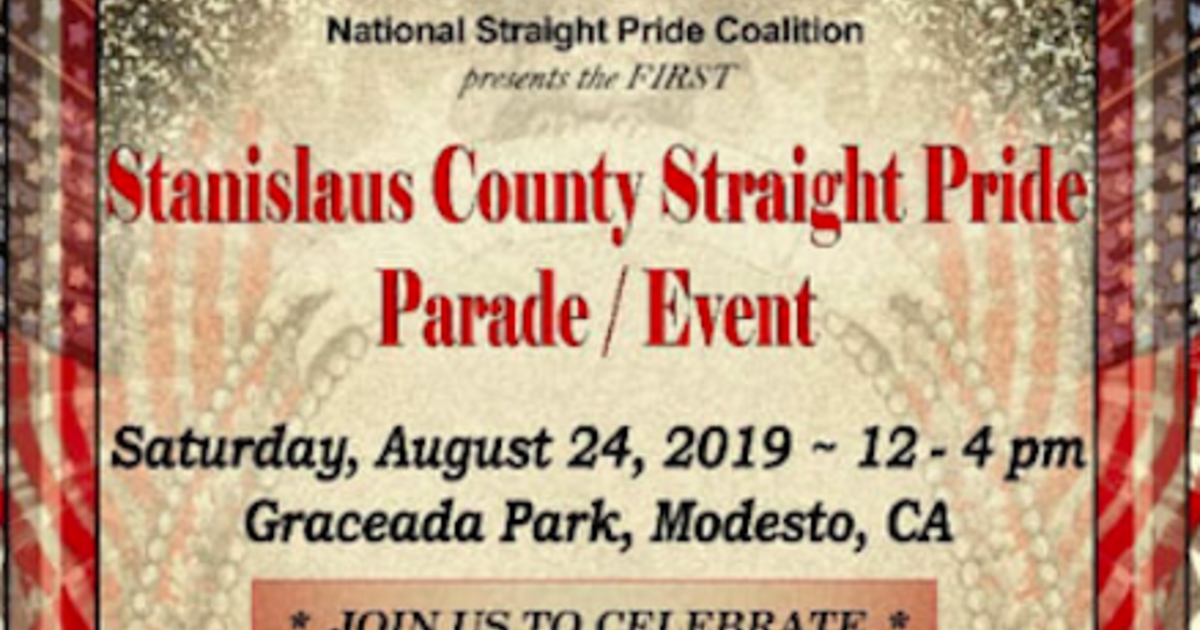“My camera is my weapon of choice.”
So says young Palestinian journalist and activist Janna Jihad Ayyad, speaking at a packed community forum hosted by ANSWER Coalition Los Angeles, Al-Awda Palestinian Right to Return Coalition, LA4Palestine, Jews for Palestinian Right of Return, and Codepink on Aug. 6 in Los Angeles. Janna, who lives in the village of Nabi Saleh in the occupied West Bank in Palestine, has received international awards for her work documenting the struggle for Palestinian liberation.
Janna Jihad began her journalistic career at age seven after she witnessed the deaths of her cousin and uncle at the hands of the Israeli military.
She knew these stories, tragically commonplace across the West Bank, wouldn’t ordinarily make it past the apartheid walls that surround and divide occupied Palestine. Western media coverage of the occupation is characteristically one-sided, void of historical context, and riddled with carefully misleading language — referring to Palestinian activists as “terrorists,” for example, while exclusively reserving terms like “slaughter” or “cold-blooded” to describe the deaths of Israelis. Necessary details are frequently omitted, including the fact that Gaza is an occupied territory under international law. Janna Jihad took it upon herself to share the truth.
“I want people to know how Palestinian children are suffering under the occupation — how our rights are violated, how we’re losing our friends, how we’re detained, subjected to Israeli military laws,” said Janna in her speech at the Los Angeles event. “We’re not living the childhoods we deserve to live.”
There is no shortage of stories to cover for a young journalist in the West Bank. The restrictions placed on Palestinians make even mundane daily routines challenging or impossible. Janna passes three separate military checkpoints on her way to school, and if any of them are closed, she is forced to take an alternate route that adds two hours to her commute. Sometimes the checkpoints prevent her grandmother, who suffers from kidney problems due to excessive tear gas inhalation, from going to her dialysis appointments. Dozens of babies have been born at checkpoints when their mothers weren’t able to make it to the hospital in time.
Not just long commutes and missed doctor appointments
Life under Israeli apartheid isn’t just long commutes and missed doctor appointments. Home raids, carried out by Israeli soldiers, are a nightly occurrence across the West Bank. Janna described the frightening experience familiar to nearly every Palestinian living under Israeli apartheid: “Imagine waking up at 3 a.m. with the sound of gas canisters [going off] near your window. … Israeli military occupation officers breaking into your house, breaking your toys, waking you up with this huge weapon on your head, telling you, ‘If we don’t arrest you, we’re going to kill you or your parents.’”
“Palestinian children are not safe in our own homes,” she said. “Our parents cannot protect us. At any single moment, an Israeli soldier can come raid your village, arrest you, kill you.”
Over 6,000 Palestinian children have been arrested since 2015, and nearly all of them have been subjected to physical and/or psychological abuse in Israeli custody. After the Israeli Ministry of Secret Affairs published a report that identified her as a threat to Israel, Janna herself was stopped at the border and interrogated for three hours, without her parents or a lawyer present. Under Israeli law, the minimum age of criminal responsibility for Palestinian children is 12 years old — however, Israeli authorities violate that law often and with impunity.
Israel receives over $10.5 million in U.S. military aid every day. This means that the occupation and all the horrors that come attached — apartheid walls, forced evictions, bulldozed homes, and the murders of thousands of Palestinian civilians, including women, children, medics, journalists, the elderly, and disabled people — is funded largely by American tax dollars. In exchange, Israel supports U.S. imperialist occupation, plunder, and suppression across Southwest Asia and North Africa.
As Trump introduces his “Deal of the Century” on Palestine, Janna spoke about the impossibility of solutions to the crisis as long as the United States and Israel are in sole control of the situation. “The two-state solution is dead, because where are the Israeli borders? Sixty-eight percent of the West Bank is illegal Israeli settlements. And even the Israeli government [doesn’t] want a two-state solution, so how is that going to work?”
“I don’t mind living with anybody as long as they don’t take this Zionist mindset. … The struggle is not as Israeli propaganda is trying to show it, it’s not a religious struggle. It’s a political struggle. Even before the occupation, we as Jews, we as Christians, we as Muslims, used to live together, having a Palestinian ID and passport. And even right now in the West Bank, we have Palestinian Jews, we have Palestinian Christians, and Palestinian Muslims. … They’re trying to say that Palestinians are Muslims and Israelis are Jews, but no. We can all live together under one government, under one law, getting the same equal rights, also with the refugee rights so they can all come back to their land. That’s the only thing that can work.”
Janna spoke on the responsibility of those in the U.S., with these facts in mind, to do everything they can to fight for awareness and justice in Palestine: “I met with a lot of representatives and senators, including Betty McCollum and Rashida Tlaib. I expected more of the people there, and it’s very sad. You need to stand up and hold your government accountable for supporting this occupation.”
Need for internationalism and solidarity
Focusing on the need for internationalism and solidarity between interconnected struggles for justice, Janna said: “If you’re against the killing of black children in America, you have to be against the killing of any other child around the world — including Palestinian children. If you’re against the children in cages at the border, you have to be against the caging of Palestinian children.”
“You need to call your representatives,” she continued, “and ask them to co-sponsor HR 2047, which basically calls for ending the U.S. military funding for aiding Israeli military, which is $3.8 billion per year. That’s only for military — for detaining children, for killing children, for military supplies. You guys have to be the voice of those children, try to raise awareness about what’s happening, you need to hold your government accountable because they’re supporting this harm, the killing of children, the arresting of children, and we need to all stand up [against] the injustice around the world.”
In addition, she spoke about the need to bring stories of injustices taking place in the U.S. back to Palestine, saying “when I came to America — we have social media, so I knew about the immigrant issues, the African American issues, but not really detailed. But right now I am knowing about it, and I’m very happy to take it back to Palestine with me. It’s very important to us as Palestinian children to know what’s happening around the world internationally, to see that there are other children who are suffering because we have to fight for them and fight with them against this injustice.”
“I don’t want the next generation to live the childhood that I live right now,” said Janna, closing the night. “My goal is to be a part of liberating Palestine.”






